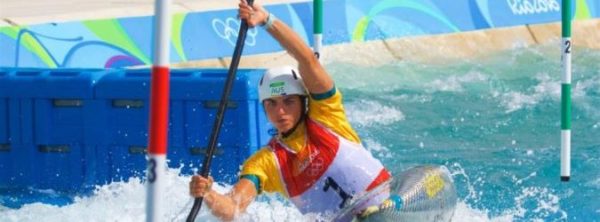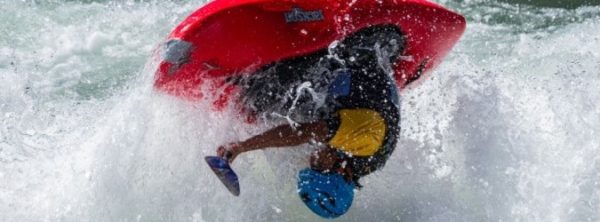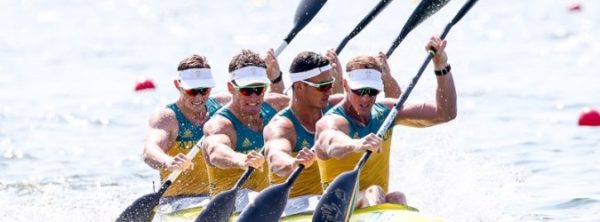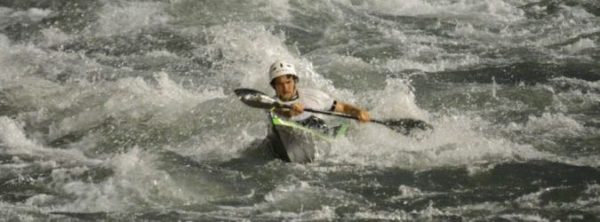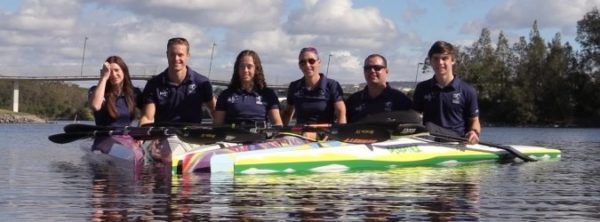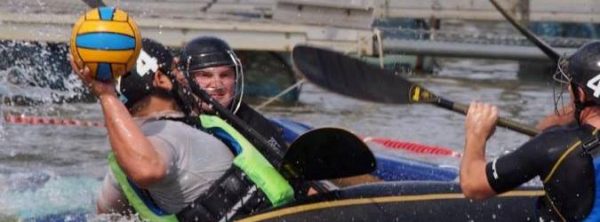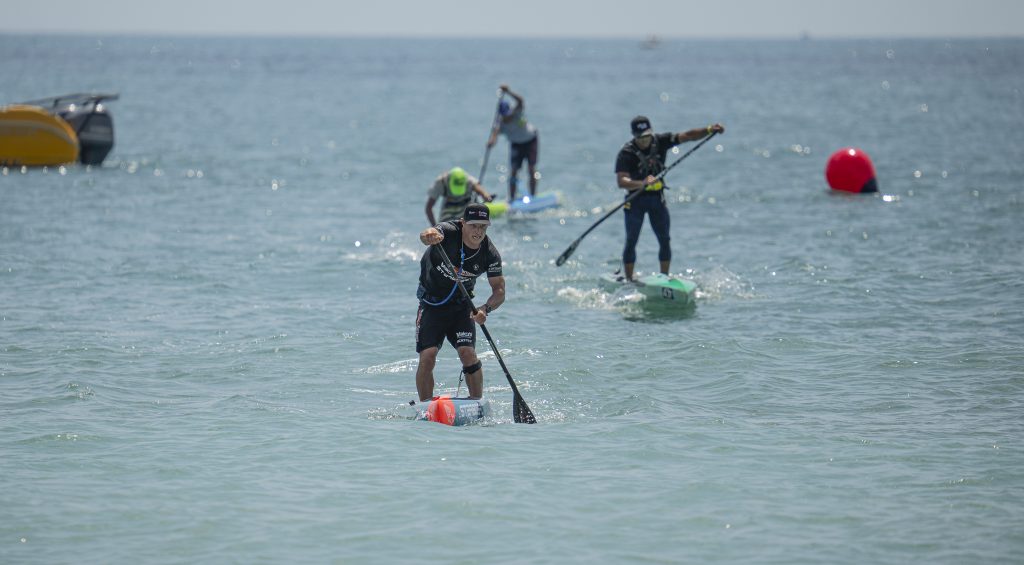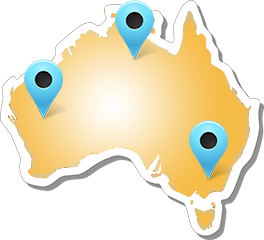AQF – Australian Qualification Framework.
Canoe – Open canoes are best suited to sheltered inland waters as they are badly affected by wind and wave. They are normally paddled with single blade paddles. Those used on whitewater, up to Grade 2, are fitted with large airbags taking up any space not occupied by the paddlers.
Co-requisite – Where another course must be undertaken concurrently as the given course. Where a PA Rescue Award is a co-requisite, a demonstration of the necessary rescue skills during the assessment process will be adequate.
Flatwater Definition
Flatwater areas are areas such as lakes, dams, slow moving rivers, etc. An area should not be classified as flatwater if any of the following apply:
- rapids of any grade
- surf (of any size) entry or exit
- if the area is in the entrance structure to an estuary or embayment
- an area affected by swell
- documented tidal rips (see chart)
- documented tidal current greater than 1 knot (see chart)
- any area where the tide (rise or fall) removes a landing area or makes it unsuitable
- distances greater than 400 metres from shore
- fetch greater than 1 nautical mile.
The transition from flatwater to moving water will often occur in the area of the following features:
- major river bend
- barrier sand bar structure
- constriction in river.
Guide – A person who leads or guides a group without the intention of imparting skills or knowledge beyond that which is necessary to participate safely and adequately in the activity. At the end of a session or program with a guide, the intent is not for the participant to have acquired the skills to independently participate in the activity.
ICF – International Canoe Federation.
Instructor – A person who facilitates skill transfer or development to participants so that they may act independently or with minimal supervision. This requires the instructor to be able to critique technique, apply a variety of appropriate instructional strategies and may require them to assess participant’s skill acquisition at the end of a program or session. Instructor awards include all the elements of the related Guide awards.
Kayak- Kayaks are normally decked and paddled with two-bladed paddles by paddlers sitting inside an enclosed cockpit. Spraydecks are used to minimise water into the cockpit, providing better protection for paddlers and reducing the likelihood of hypothermia. Safe use of spraydecks requires training. Training in rescue procedures is required for all kayaks, and techniques vary according to craft type and environment.
Flatwater kayaks: Relatively short (about 3.0 to 4.5 m for singles) and wide, with large open cockpits. They are suited to flat, sheltered waters only.
Sea kayaks: 4.5 to 6 m in length, with bulkheads, deck lines, grab handles and hatches, hands-free pump systems and other equipment are intended for open sea conditions.
Whitewater kayaks: Several categories of whitewater kayaks are in use — mainly river runner, creek and freestyle — all with spraydecks, grab handles and flotation.
Leader – A person giving direction to a group. This includes PA Supervisors, Instructors, Guides and Sea Leaders.
Novice – A person that is new and inexperienced in paddling, the paddling environment and/or craft they intend to paddle.
NTP – A National Training provider is one of the six State Paddle Associations
PA – Paddle Australia
Packraft – Inflatable 1 – 2 person kayak. used mostly on moving and whitewater.
Participant – A person who has the necessary competencies to participate independently or under supervision in an outdoor activity. The ability to demonstrate participatory skills to the appropriate standard is a pre-requisite to performing as a Guide or Instructor in outdoor recreation.
PAQS – Paddle Australia Qualification Scheme
Peer Activity – A paddling activity where no instructional or guiding structure exists and it is the responsibility of each member of the group to ensure the suitability of their equipment and themselves for the activity.
Pre-requisite – Where another course must be undertaken prior to the given course. Where a PA Skill Award is called for, a demonstration throughout the assessment process will be adequate.
Rafting- 4 – 8 person inflatable raft, controlled and guided by the guide in the back of the Raft
Re-registration – The process of renewing an award on expiry by providing evidence of continued participation at the appropriate level.
RTO – Registered Training Organisation
Sea Leader – A Sea Leader is a holder of the PA Sea Leader award and is qualified to lead Sea Skills holders.
Skill Award – Skill Awards are a demonstration that a paddler has achieved a certain level of skills and knowledge, and are prerequisites for training to Guide and Instructor awards. They have no expiry date, and it is the responsibility of holders to maintain skill and expertise to be able to participate at the appropriate level. Lack of a Skill Award in no way precludes any paddler from paddling within their limits and should not be seen as a necessary requirement for paddling. It is merely a formal statement of demonstrated skills.
Sit On Top (SOT) – SOT kayaks are a popular choice among recreational paddlers. Recovery after a capsize is easy; right the boat and re-board. On the other hand, paddlers are more exposed to the elements and more care is needed to minimise sunburn and hypothermia.
Damaged or loose fittings and hatch covers or hull damage may allow the entry of water: these craft are not unsinkable.
Several categories exist:
- Recreational types single and double, are fairly short and wide. Being susceptible to wind, they are suitable only for flat sheltered water.
- Touring SOTs are longer and able to cope with estuary and bay conditions. They are favoured by the kayak fishing community.
- Seagoing SOTs (skis and ocean skis) have performance and features similar to sea kayaks but without the enclosed cockpit.
- Specialist SOTs for whitewater and surf use are available.
On open water, tethers can prevent separation of craft and paddler after capsize. There is the danger of entanglement. This is true also of paddle leashes and fishing lines.
SUP – Stand Up Paddle Board
VET – Vocational Education and Training.






